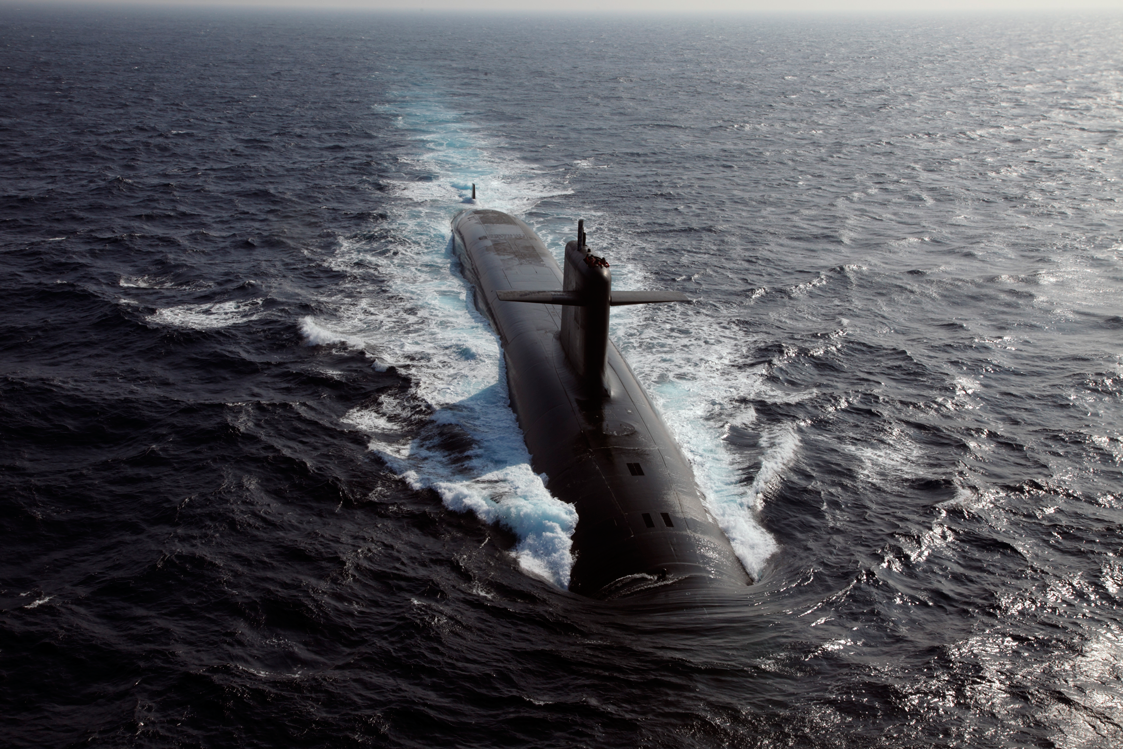
France’s Choice for Naval Nuclear Propulsion: Why Low-Enriched Uranium Was Chosen
This special report is a result of an FAS task force on French naval nuclear propulsion and explores France’s decision to switch from highly-enriched uranium (HEU) to low-enriched uranium (LEU). By detailing the French Navy’s choice to switch to LEU fuel, author Alain Tournyol du Clos — a lead architect of France’s nuclear propulsion program — explores whether France’s choice is fit for other nations.
While it is reasonable for governments to keep the most sensitive aspects of nuclear policies secret, the rights of their citizens to have access to general knowledge about these issues is equally valid so they may know about the consequences to themselves and their country.
Nearly one year after the Pentagon certified the Sentinel intercontinental ballistic missile program to continue after it incurred critical cost and schedule overruns, the new nuclear missile could once again be in trouble.
“The era of reductions in the number of nuclear weapons in the world, which had lasted since the end of the cold war, is coming to an end”
Without information, without factual information, you can’t act. You can’t relate to the world you live in. And so it’s super important for us to be able to monitor what’s happening around the world, analyze the material, and translate it into something that different audiences can understand.